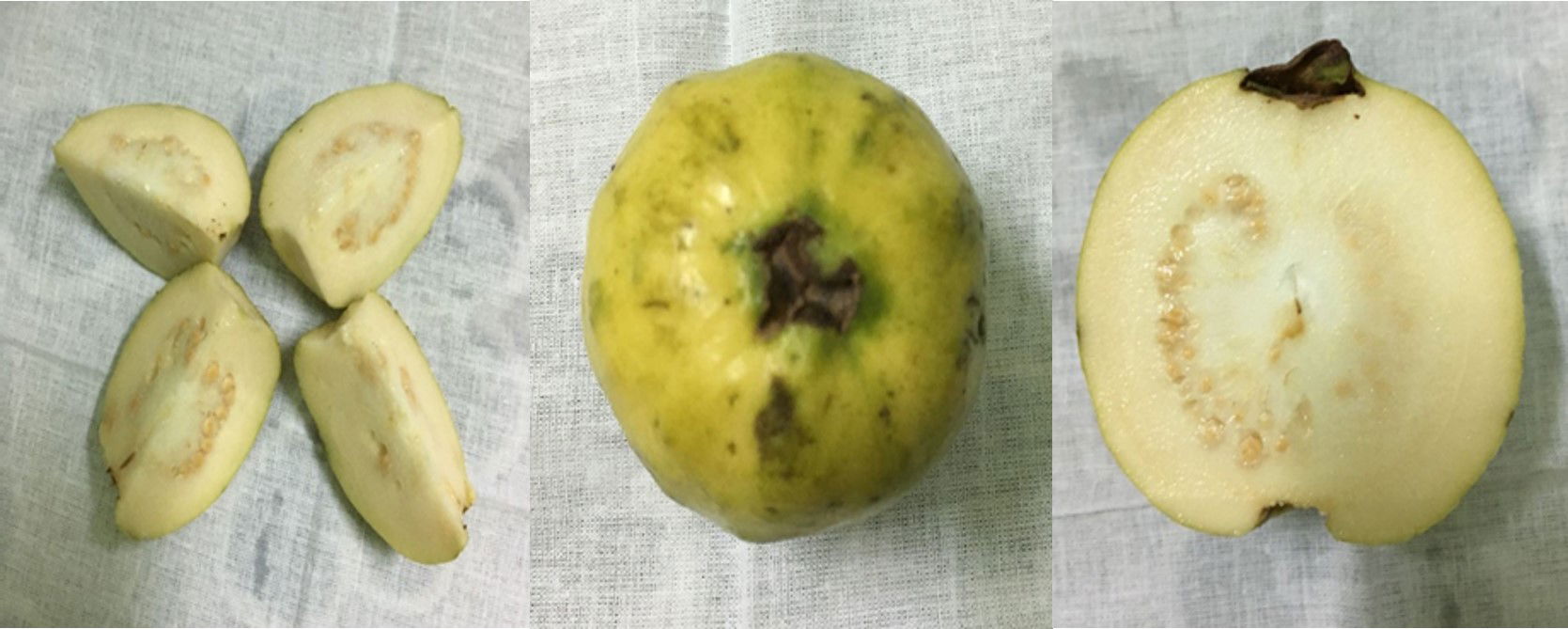Pectinase hydrolysis of guava pulp: effect on the physicochemical characteristics of its juice (2021)

Abstract:
The objective of this research is to assess the effect of enzymatic treatment of guava puree on the physicochemical parameters of the juice. Pectinases from Aspergillus niger were applied to the puree at 43 ± 3 °C under constant stirring. Enzyme concentrations used were: 0.033 % (w/w), 0.055% (w/w), 0.078 % (w/w) and 0.1 % (w/w). For each enzyme concentration, the treatment times were varied from 3 – 90 min. Physicochemical parameters of raw puree and enzymatically treated juice were determined. These were: viscosity, pH, electric conductivity, protein and polyphenol content, galacturonic acid content, color, TSS, and antioxidant capacity. Particle distribution, homogeneity of raw puree and juice samples dried extracts were assessed using a Field Emission Scanning Electron Microscopy (FESEM). A 91% viscosity decrease was recorded for each enzyme concentration after 3 min of enzyme reaction. That drecrase was accompanied by an increase in galacturonic acid content with increasing depectinization factors. Enzyme treatment of guava puree led to a decrease in pH, protein and polyphenol contents and an increase in conductivity and color. Analysis of FESEM images of guava samples bestowed a decrease in particle size, a scattering of particles in the medium, an increase in continuous phase proportion and an improvement of sample homogeneity with increasing values of processing parameters, due to the breaking-down of bigger particles and the solubilization during depectinization.
Pectinase hydrolysis of guava pulp effect on the physicochemical characteristics of its juice.pdf


